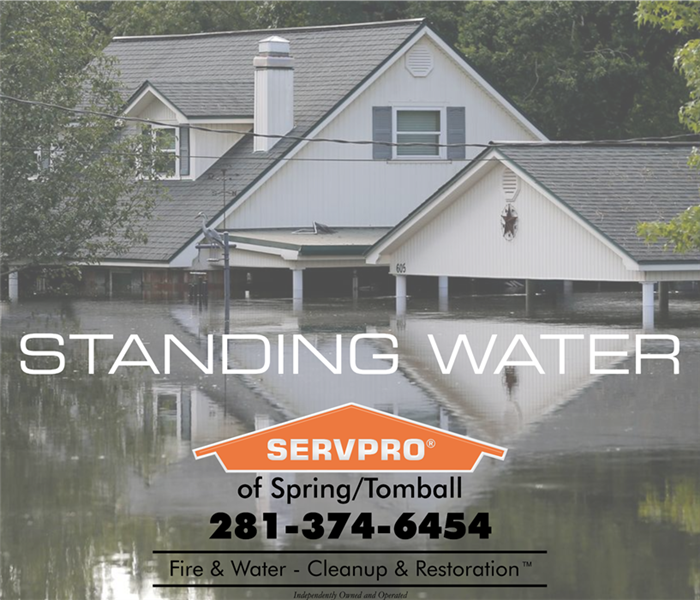First Responder Flood Tips
6/19/2020 (Permalink)
As a first responder, when a disaster happens your first inclination may be to rush out and help your neighbors in Houston, TX, and surrounding areas. In the case of severe flooding, extra steps need to be taken to ensure everyone’s safety and well-being.
Personal Preparation
Before heading into assisting with flood response, be sure to be up to date with immunizations. Current guidelines require the following:
- Tetanus, which requires a booster every 10 years
- Hepatitis B, which typically requires no booster except for special circumstances
What to Expect
Floods create an environment in which potential hazards could be around any corner. They can knock down power lines, pick up large debris as it flows, and cause sinkholes or unstable ground. Even using a generator or trying to drive to an area in a dire situation could result in negative consequences. Additional hazards to consider include, drowning, trees or limbs falling, carbon monoxide or chemical exposure, insects, rodents or insect infestations, injuries from lifting or falling, and hypothermia.
Protect Yourself to Help Others
As a trained first responder, you understand that you can only help if you keep safety a priority. During a disaster, the following can help make the challenging situation smoother during and after the storm:
- Wear protective clothing, boots, eye goggles, and gloves.
- Floodwaters can pick up chemicals, bacteria, and other contaminants, so it’s ideal to wear disposable clothes to avoid spreading contamination. Wash non-disposable clothes immediately after providing assistance.
- Flooding often results in the quick growth of mold and mildew. Wearing a certified mask can prevent breathing in spores and other particles.
- Wash hands thoroughly after touching any material or equipment that has been in contact with floodwaters.
While you may feel you are ready for anything as a first responder, your safety and that of those around you should also come first. Once everyone is safe, you can count on the experts to handle the cleanup!






 24/7 Emergency Service
24/7 Emergency Service
